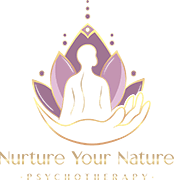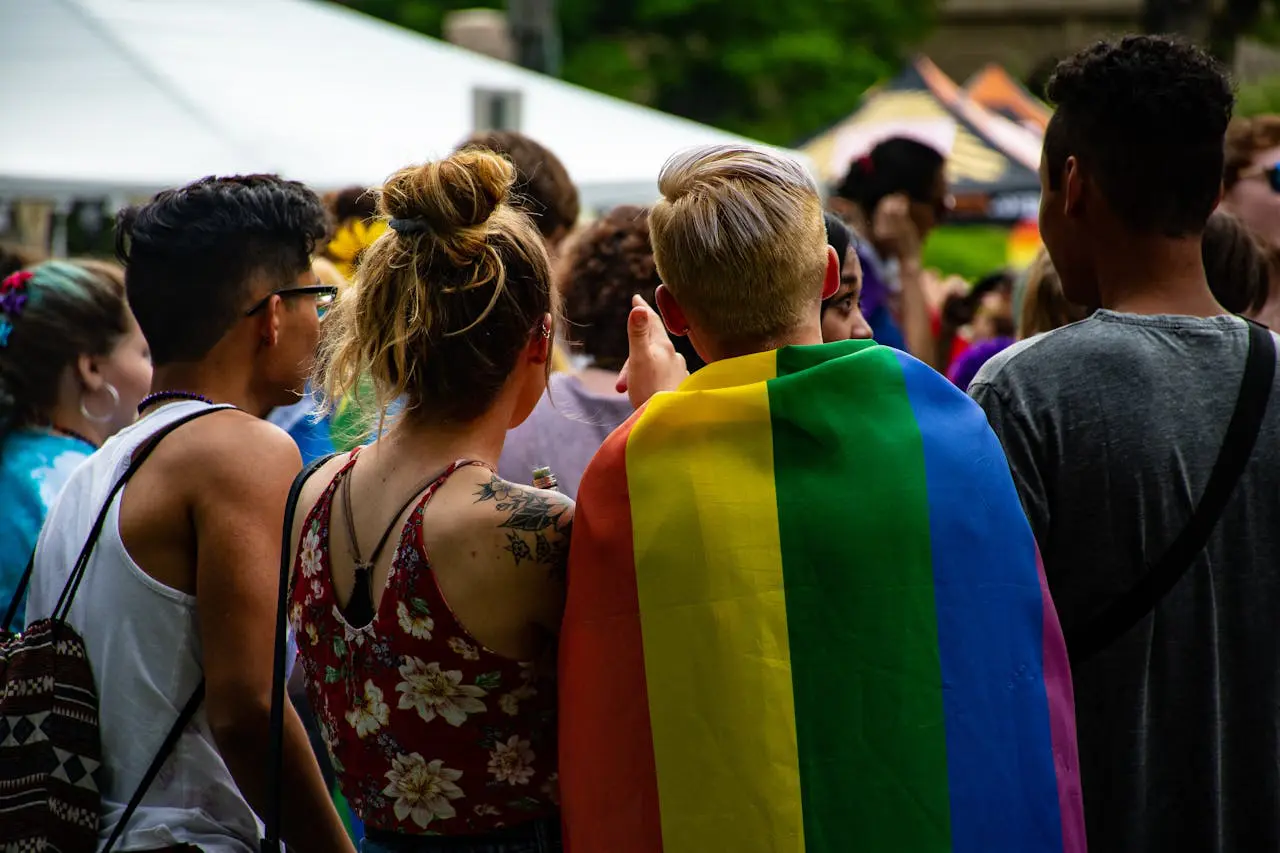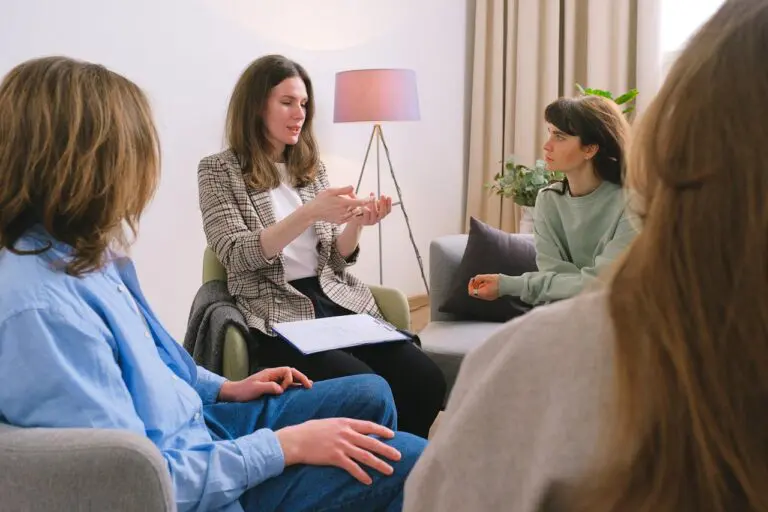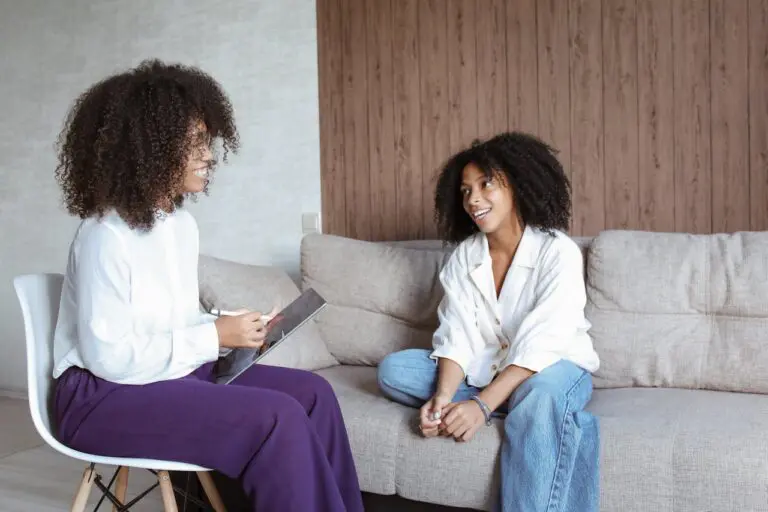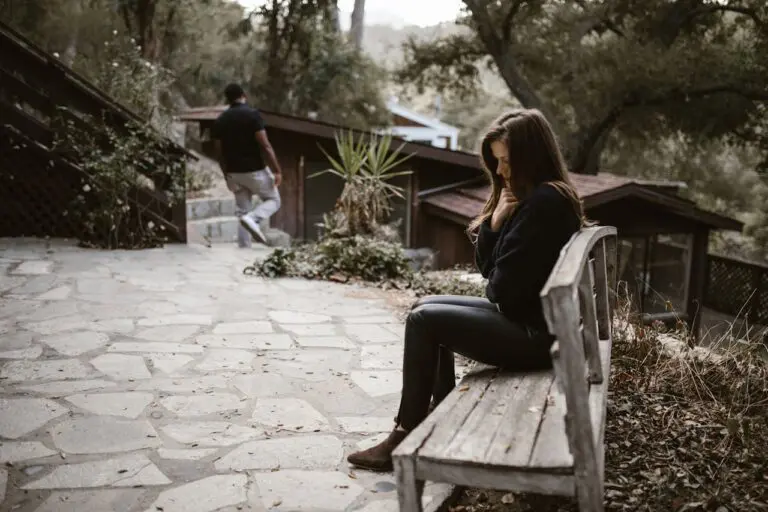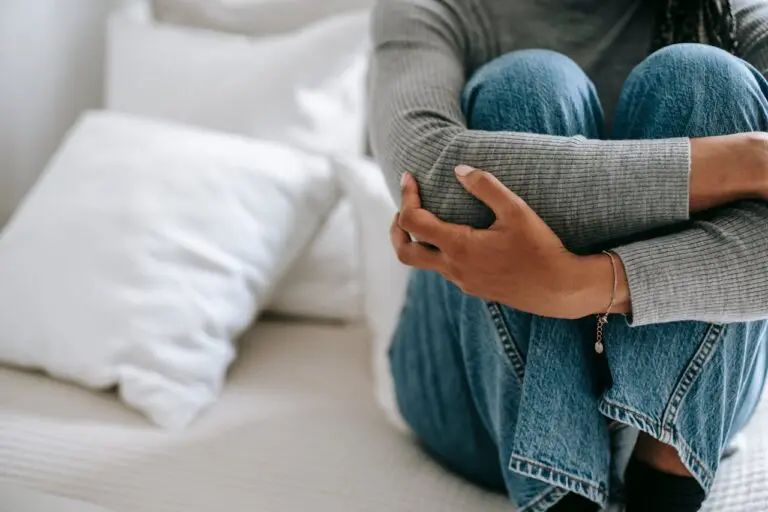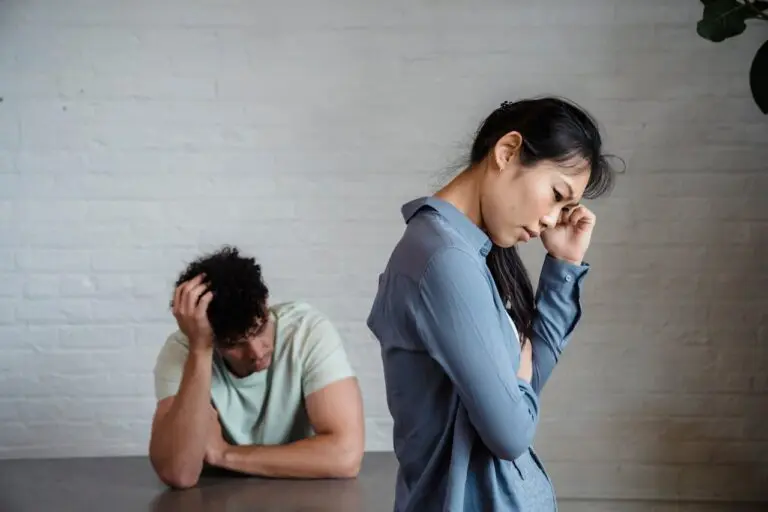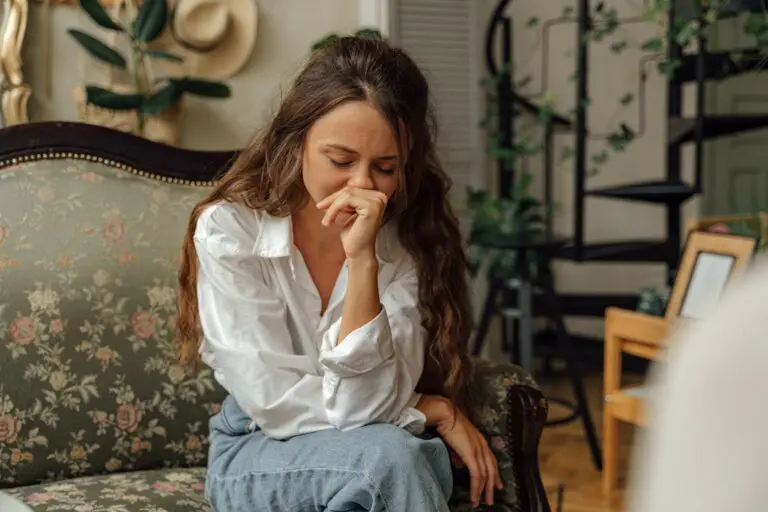Brooklyn is a mosaic of identities, languages, and life stories—yet many LGBTQ+ residents still struggle to secure therapy that feels genuinely safe and affirming. In a borough bursting with creativity and progressive ideals, it can be surprisingly difficult to locate professionals who truly center queer and trans experiences. Stigma, misinformation, and systemic barriers too often leave community members isolated at the very moment they need support.
At Nurture Your Nature Psychotherapy, we believe everyone deserves culturally competent mental-health care. This long-form guide explores why LGBTQ+-affirming therapy matters, how to recognize a welcoming practice, and practical steps for finding the right Brooklyn therapist—whether in person or via online therapy Brooklyn platforms. By the end, you’ll feel empowered to advocate for yourself or a loved one and to break the stigma surrounding mental health within queer and trans communities.
Understanding the Mental-Health Landscape for LGBTQ+ Brooklynites
The Weight of Stigma
Stigma is more than a buzzword; it is a lived reality capable of eroding confidence, employment prospects, housing stability, and family bonds. It manifests through micro-aggressions, outright discrimination, and the internalized belief that one’s identity is “less than.” For many in the LGBTQ+ spectrum, stigma adds an extra layer of distress on top of life’s usual stressors.
Research consistently finds elevated rates of anxiety, depression, suicidality, and substance misuse among LGBTQ+ populations. While Brooklyn’s vibrant queer nightlife and community groups create protective buffers, they do not fully offset the psychological toll of anti-LGBTQ+ legislation, hate crimes, and familial rejection.
Intersectionality Matters
LGBTQ+ Brooklynites are not monolithic. A Black trans teenager in East New York faces a different matrix of challenges than a white cisgender gay father in Park Slope. Therapists must recognize how race, gender identity, immigration status, disability, spirituality, and socioeconomic realities intersect to shape each client’s experience. Brooklyn psychotherapy that ignores intersectionality risks retraumatizing clients rather than healing them.
Why Culturally Competent Therapy Is Non-Negotiable
The Therapist’s Role in Affirmation
A therapist who uses correct pronouns, respects chosen names, and understands sexuality or gender fluidity can help dismantle internalized shame. Conversely, well-meaning but uninformed clinicians may invalidate lived experiences and stall progress.
Evidence-Backed Benefits
Affirmative therapy correlates with lower depressive symptoms, improved self-esteem, and higher treatment retention rates among LGBTQ+ clients. It is not merely a preference; it is an evidence-based requirement for effective care.
Red Flags in Non-Affirming Practices
Beware of therapists who:
-
Suggest sexuality or gender identity can be “changed” (conversion efforts).
-
Blame mental health struggles solely on queerness rather than systemic oppression.
-
Avoid discussing identity altogether, signaling discomfort.
Common Barriers to Care in Brooklyn
-
Limited Insurance Panels – Some affirming therapists operate out-of-network, creating financial hurdles.
-
Long Waitlists – High demand means popular clinicians book months in advance.
-
Cultural Mismatch – Clients of color may struggle to find therapists who understand both racial trauma and queer identity.
-
Geographic Gaps – Neighborhoods like Bay Ridge or Brownsville have fewer mental-health offices than downtown areas.
-
Fear of Outing – Clients worried about being seen entering a clinic may prefer online therapy Brooklyn to maintain privacy.
What Makes a Therapist LGBTQ+-Friendly?
Training and Credentials
Look for continuing-education certificates in LGBTQ+ mental health, AASECT sexuality counseling credentials, or publications on queer topics. Membership in groups such as the Association for LGBTQ+ Psychiatrists (AGLP) or World Professional Association for Transgender Health (WPATH) indicates ongoing professional development.
Language and Intake Forms
Inclusive practices will ask for pronouns and gender identity on paperwork rather than defaulting to binary categories. Waiting-room signs celebrating Pride or depicting diverse couples also signal safety.
Therapeutic Approaches
Modalities like affirmative-cognitive-behavioral therapy, gender-exploratory narrative therapy, or minority stress-informed therapy explicitly address queer and trans experiences.
Community Connections
Trusted clinicians often collaborate with local support groups, legal-aid nonprofits, gender-confirming surgeons, and HIV-specialist physicians to provide wraparound resources.
How to Find an LGBTQ+-Friendly Brooklyn Therapist
Explore Specialized Directories
-
Psychology Today filters for sexual-orientation expertise.
-
TherapyDen specifically lists queer-competent practices.
-
TransHealthCare offers WPATH-verified providers.
Consult Community Centers
-
Brooklyn Community Pride Center (Crown Heights) provides mental-health referrals.
-
The Center (Manhattan), while across the river, maintains a robust therapist roster.
Ask Supportive Physicians or Friends
Primary-care doctors familiar with your identity often know affirming clinicians. Queer-friendly gyms, book clubs, or nightlife venues may also share recommendations.
Consider Telehealth
If transportation barriers, disability, or scheduling challenges hinder in-person sessions, online therapy Brooklyn enables access to borough-licensed therapists from any private space. Telehealth also expands your choices beyond your immediate neighborhood.
Spotlight on Nurture Your Nature Psychotherapy
Our Mission
At Nurture Your Nature Psychotherapy, we uphold one core principle: healing grows where authenticity flourishes. We serve Brooklyn and all of New York State through both in-person and secure telehealth sessions, blending trauma-informed techniques with minority-stress frameworks.
Services Tailored to LGBTQ+ Clients
| Service | What It Addresses | Delivery Mode |
|---|---|---|
| Affirmative Individual Therapy | Anxiety, depression, dysphoria, coming-out stress | In-person & online |
| Couples & Polycules Counseling | Communication, jealousy, sexual health | In-person & online |
| Gender-Identity Exploration | Transition goals, non-binary identity affirmation | In-person & online |
| Letter-Writing for Medical Transition | HRT & surgery readiness assessments | In-person & online |
| Group Therapy | Queer grief, queer joy, trans resilience | Online (evenings) |
(Note: Table content is integral for quick comparison and enhances readability.)
Clinician Credentials
All therapists complete a minimum of 20 annual hours of LGBTQ+-specific continuing education. Team members hold NY State licenses (LCSW, LMHC, PsyD) and certifications in EMDR, DBT, and trauma-sensitive mindfulness.
Sliding-Scale and Insurance
We accept many commercial insurance plans, Medicaid, and offer income-based sliding-scale options. Financial transparency is central to dismantling barriers.
Telehealth: Expanding Access Through Online Therapy Brooklyn
Privacy and Convenience
Teletherapy removes commuting stress, allowing you to attend sessions during lunch breaks or late evenings. Encrypted platforms protect confidentiality under HIPAA.
Overcoming Geographic Inequity
Residents in transit deserts—from Sheepshead Bay to Starrett City—gain equal access to specialized care. Telehealth also aids Brooklynites temporarily living elsewhere within New York State.
Research Backing
Studies show teletherapy achieves outcomes comparable to in-person sessions for anxiety, depression, and PTSD, with high satisfaction among LGBTQ+ clients who value discretion.
Financial Considerations: Making Therapy Affordable
-
Insurance Checks – Call the number on your card to confirm behavioral-health coverage, co-pays, and deductibles.
-
Sliding-Scale Availability – Ask prospective therapists about reduced fees tied to income.
-
FSA/HSA Funds – Mental-health services typically qualify for pre-tax spending accounts.
-
Community Grants – Organizations like Trans Lifeline’s microgrants may fund short-term care.
Preparing for Your First Session
Questions to Ask
-
“How do you incorporate minority-stress theory into your approach?”
-
“What is your experience working with non-binary clients?”
-
“How do you handle micro-aggressions if they occur within sessions?”
-
“Which insurance plans do you accept, and do you offer payment plans?”
Setting Boundaries and Goals
Before session one, jot down specific concerns (e.g., family rejection, dysphoria) and personal goals (e.g., reduce panic attacks, strengthen self-acceptance). Clear intentions maximize therapeutic momentum.
Coping Tools While Waiting
Waitlists can be daunting. Employ grounding exercises—deep breathing, 5-4-3-2-1 sensory scans—or connect with peer-led circles like Queer Peer Support Group BK to sustain resilience.
Community Resources in Brooklyn
-
Callen-Lorde Community Health Center (Brooklyn) – LGBTQ+ primary care and mental-health services.
-
GLSEN NYC – Safe-schools advocacy and youth support.
-
Destination Tomorrow – Trans-centered social services, virtual support groups.
-
Rainbow Heights Club – Free peer-run support for LGBTQ+ adults living with severe mental illness.
Breaking the Stigma—One Conversation at a Time
Silence breeds shame; dialogue fosters empowerment. By openly discussing mental health, sharing therapist recommendations, and challenging homophobic or transphobic remarks, you become an agent of change. Collective voice dismantles myths that therapy is a sign of weakness or that LGBTQ+ identities are incompatible with well-being.
Advocacy Beyond the Couch
-
Educate – Post mental-health resources on social media.
-
Donate – Support nonprofits offering free counseling to queer youth.
-
Volunteer – Join borough Pride events, panel discussions, or mentorship programs.
When individuals heal, communities thrive. At Nurture Your Nature Psychotherapy, we witness daily transformations as clients reclaim narratives stolen by shame. Therapy provides not just symptom relief but a roadmap to wholehearted living.
Conclusion: Your Path to Affirming Care Starts Today
No one should navigate mental-health challenges feeling invisible or unsafe. Whether you’re searching for in-person sessions near Atlantic Avenue or online therapy Brooklyn from the comfort of your bedroom, affirming help exists.
We invite you to schedule a free 15-minute consultation with Nurture Your Nature Psychotherapy. Together, we’ll assess your needs, explore insurance or sliding-scale solutions, and chart a personalized plan toward resilience. Brooklyn’s strength lies in its diversity—embrace your authentic self, and let compassionate therapy be the bridge from surviving to thriving. Schedule your Appointment Online Now or Call Us at (646) 470-4174 to get started Today!
